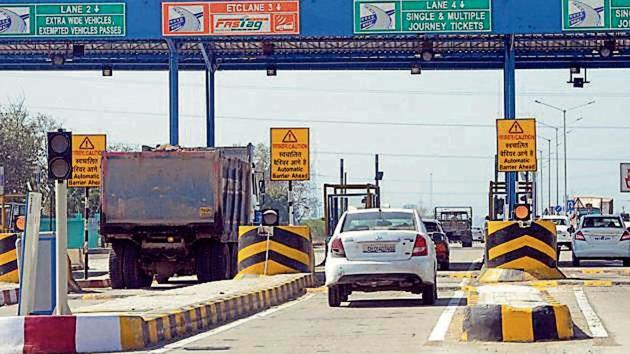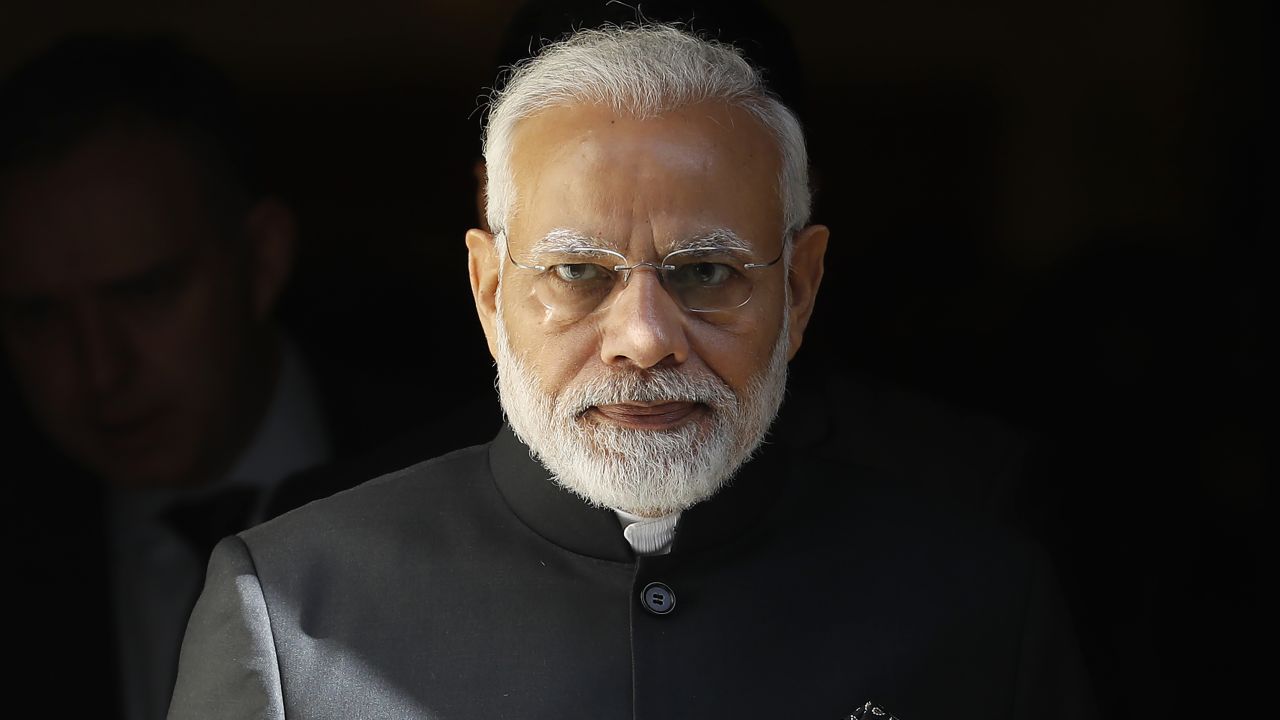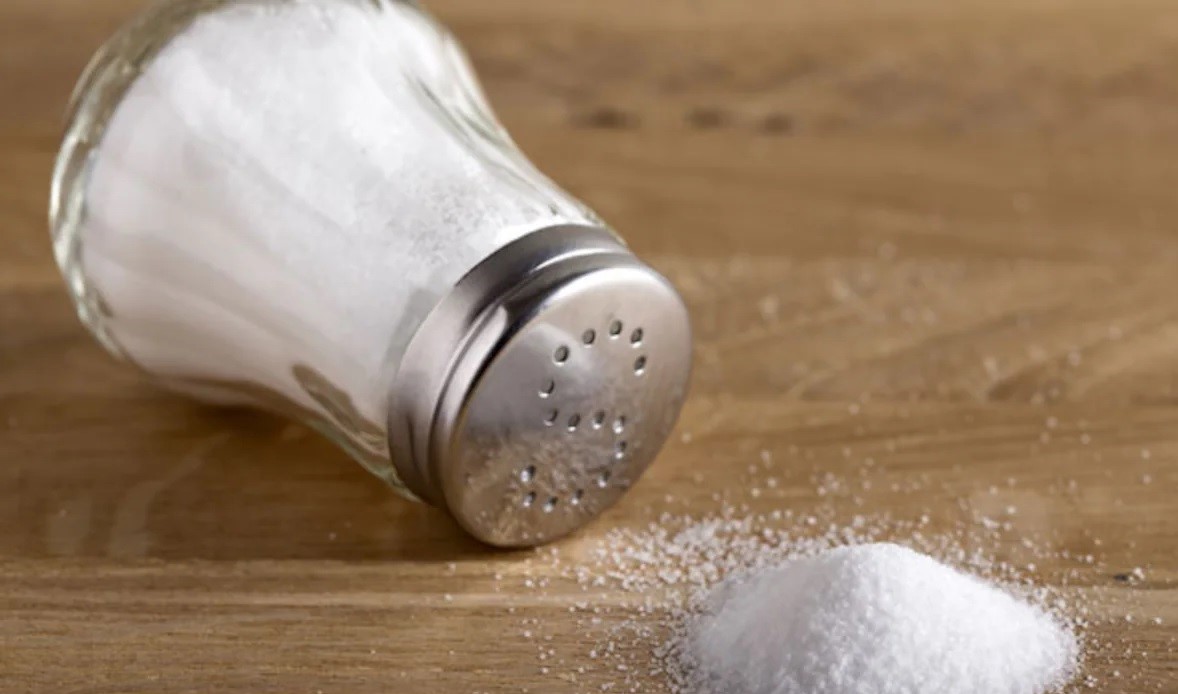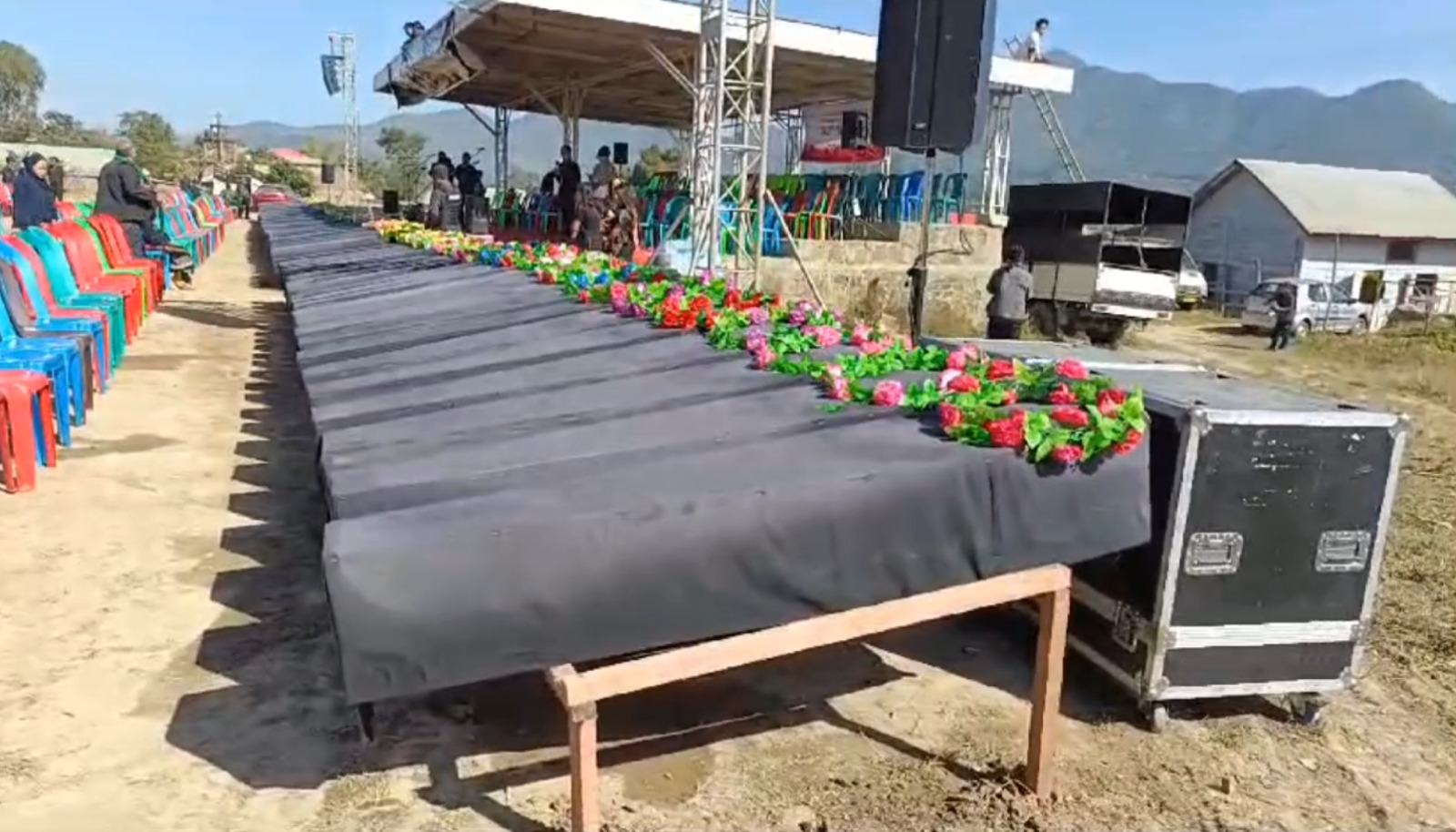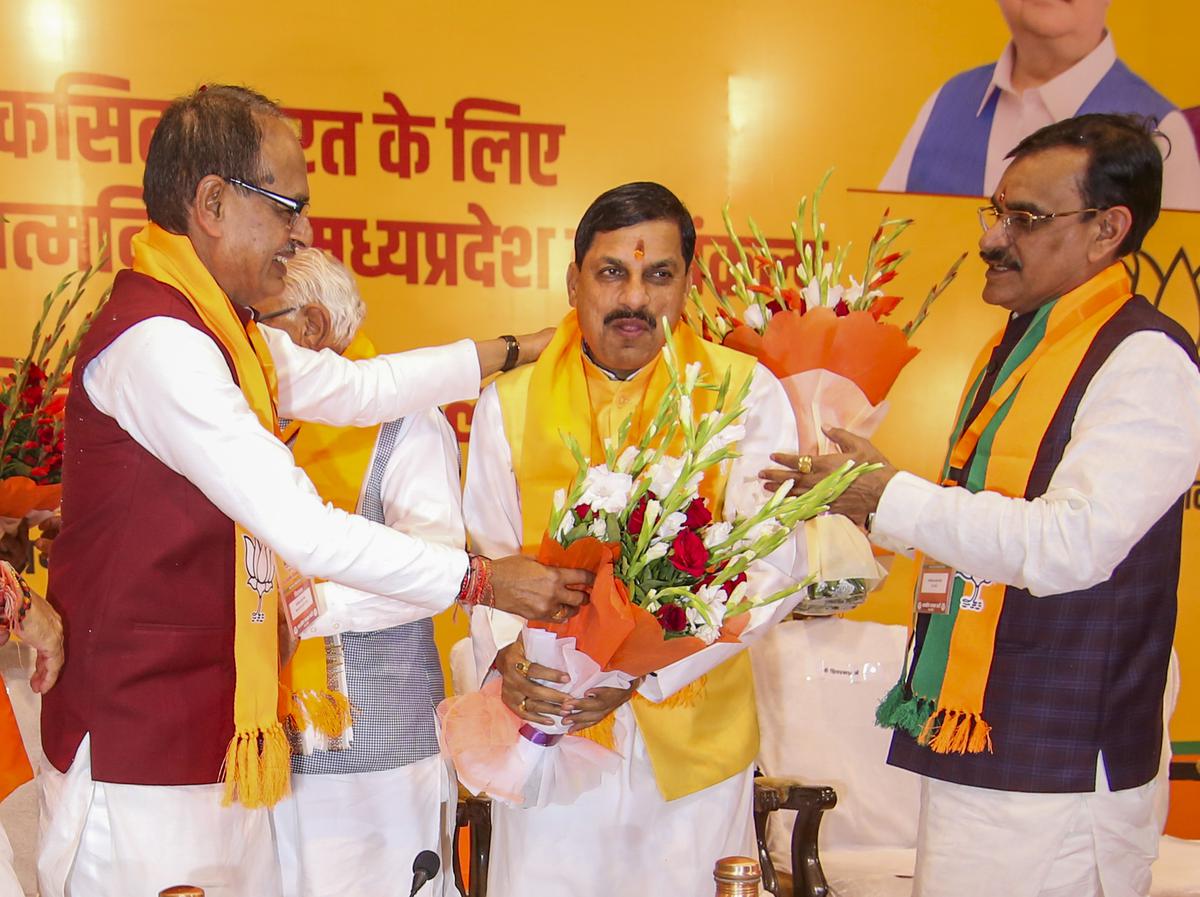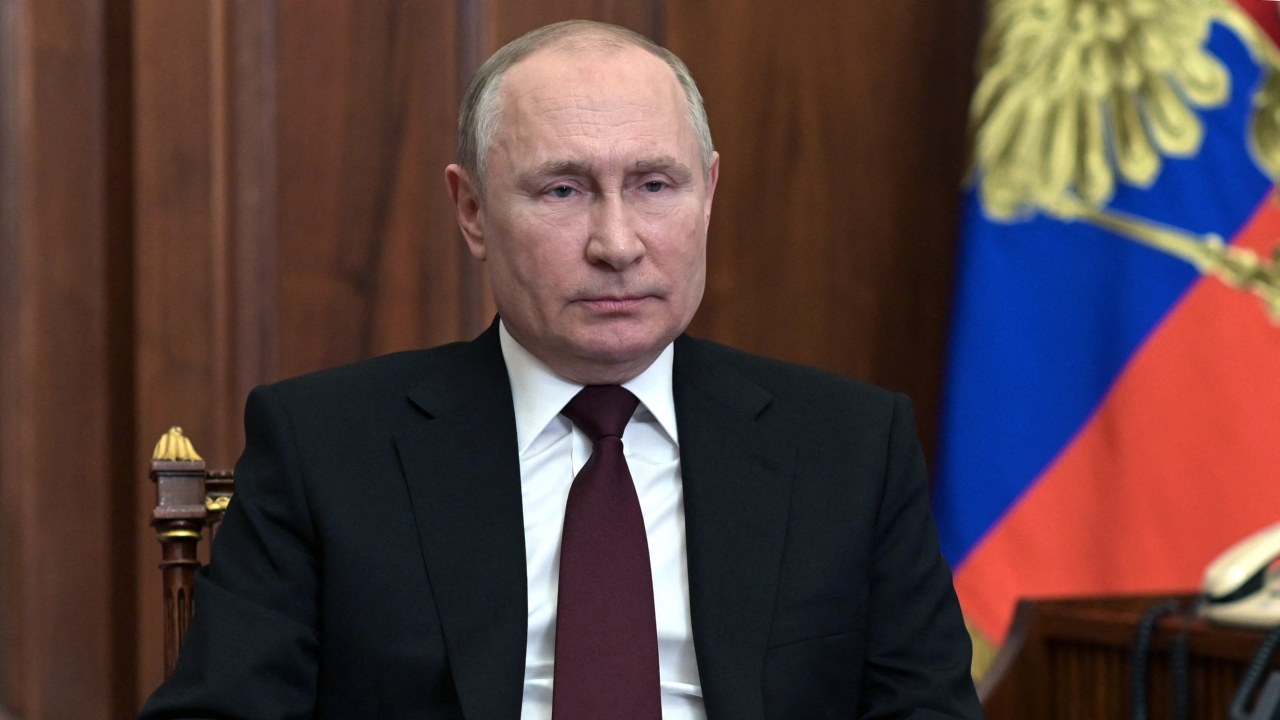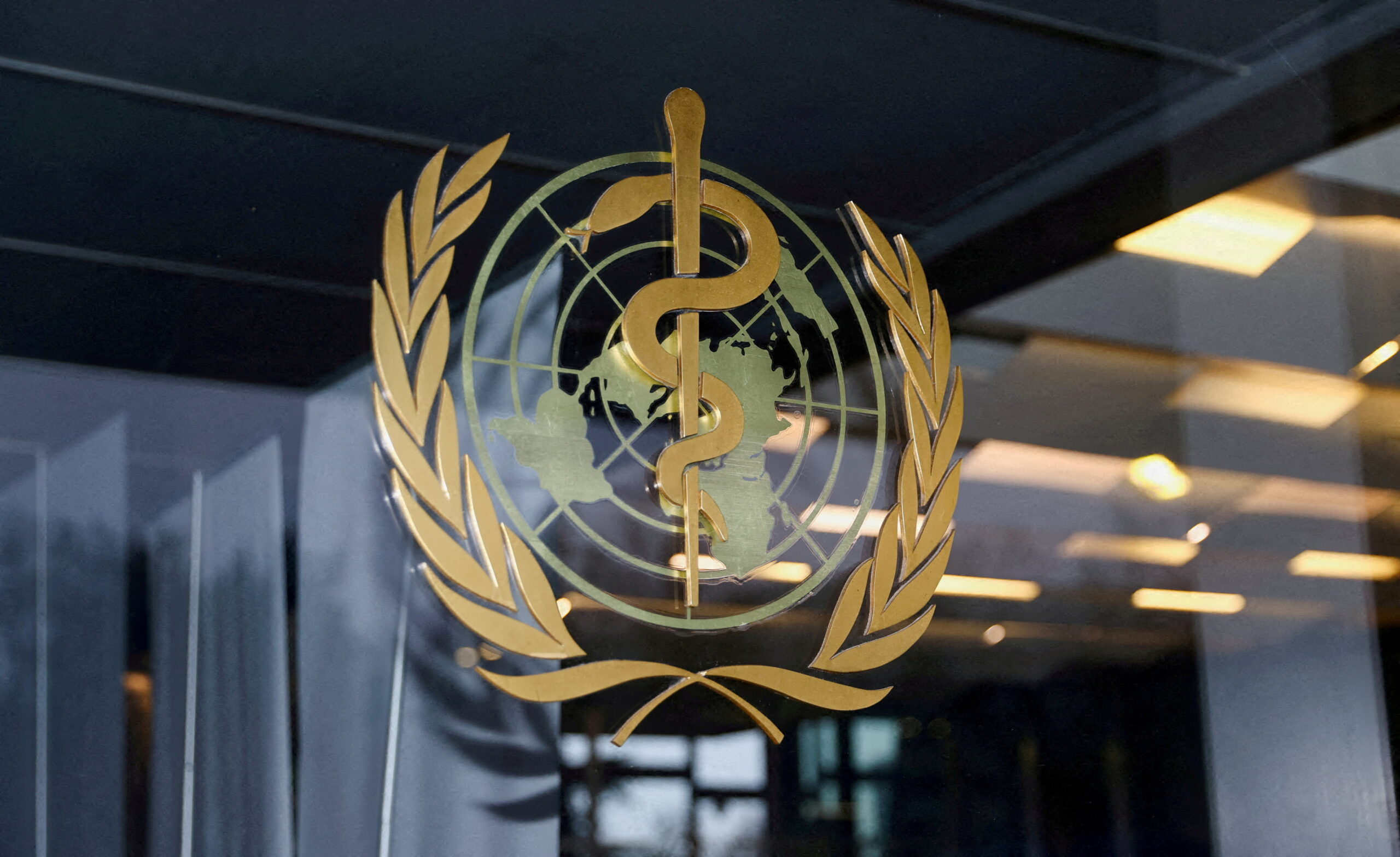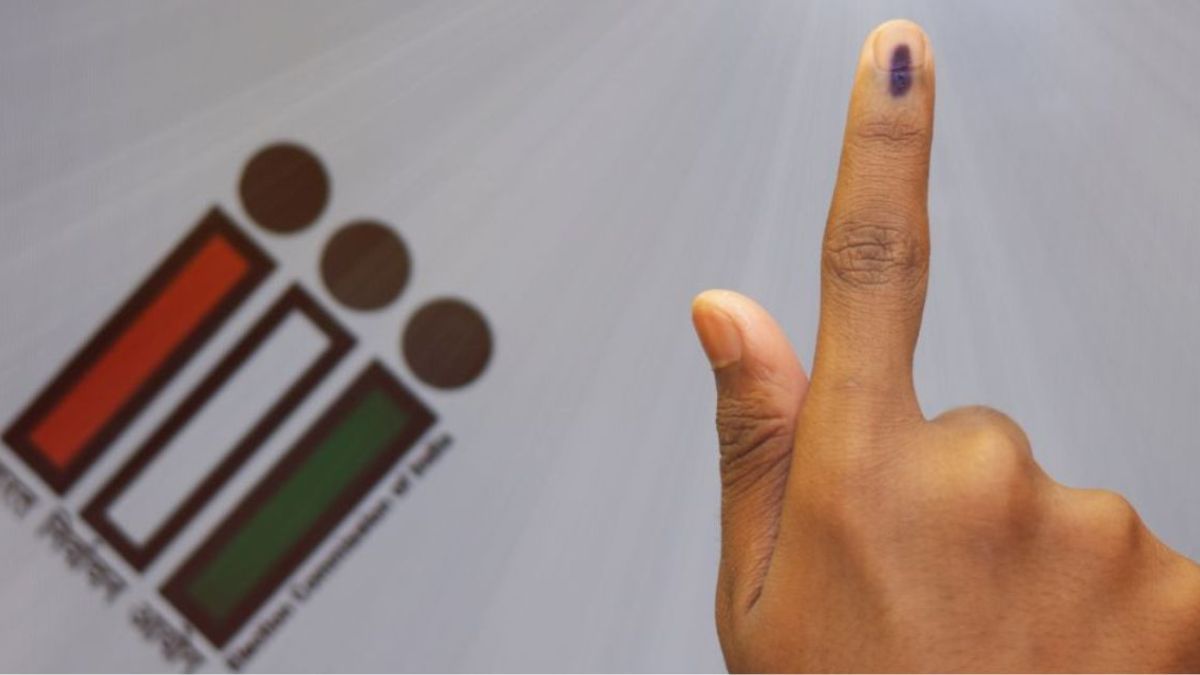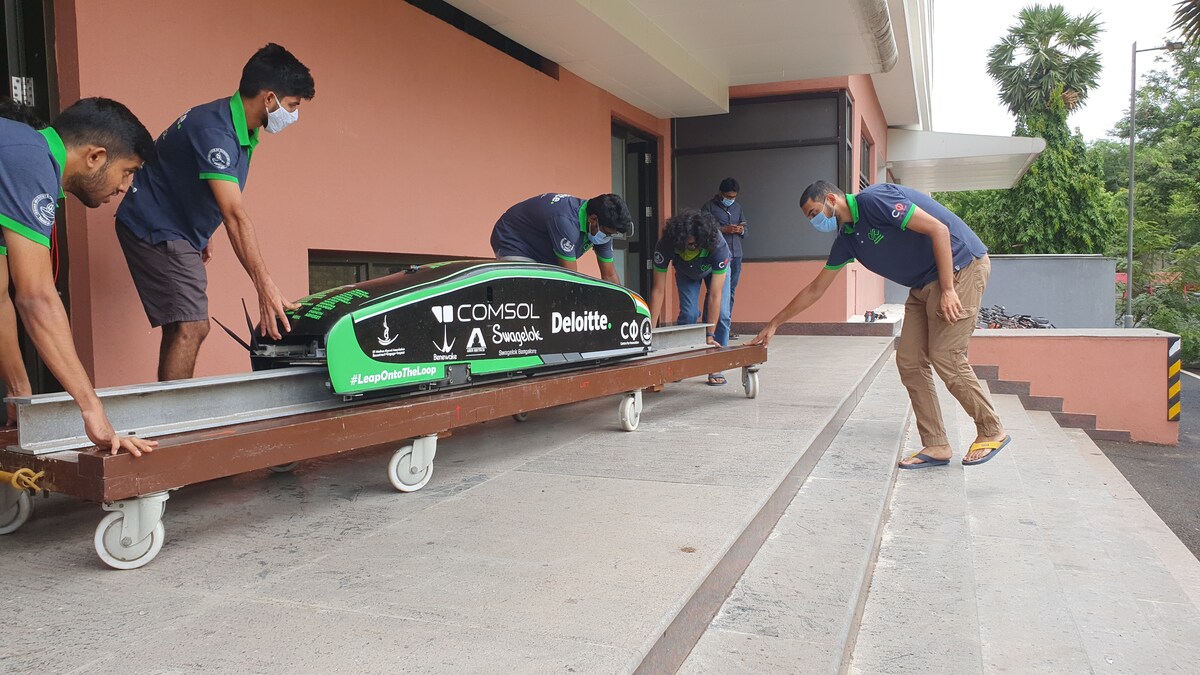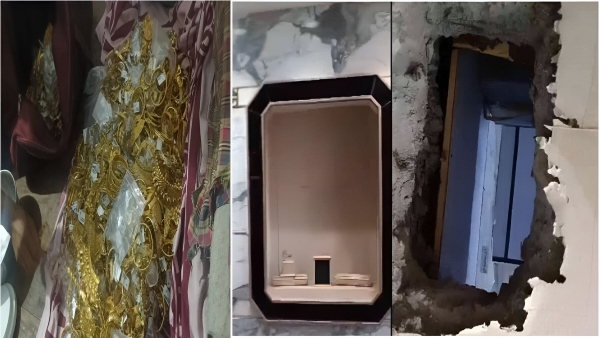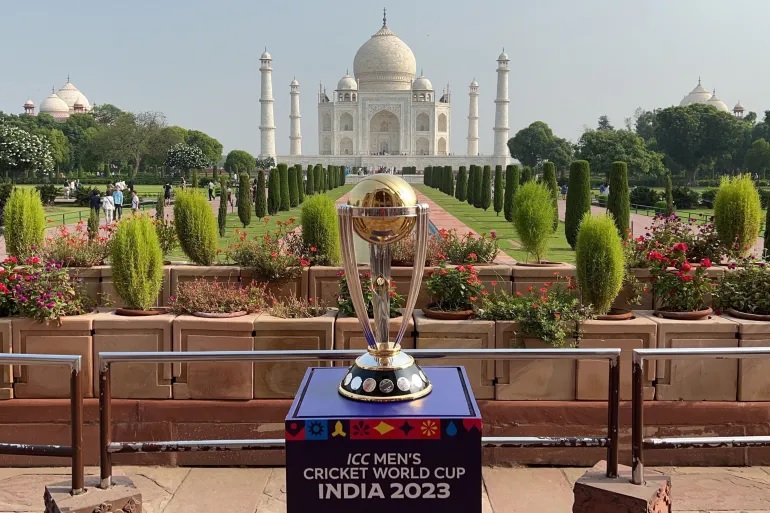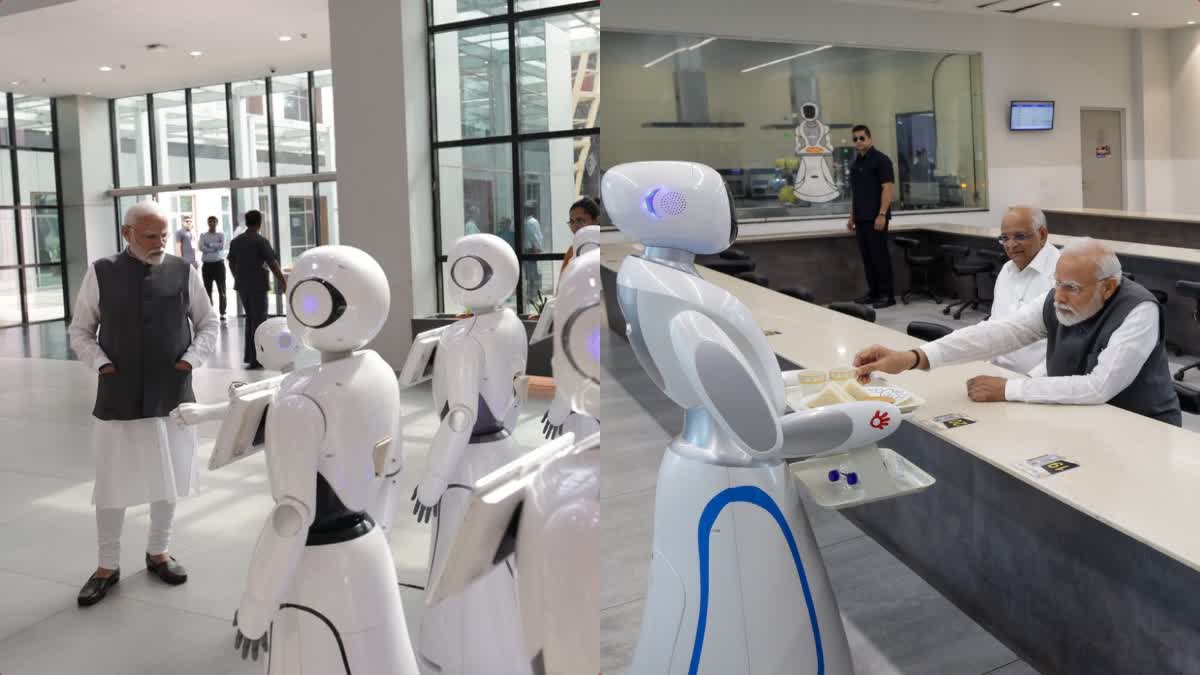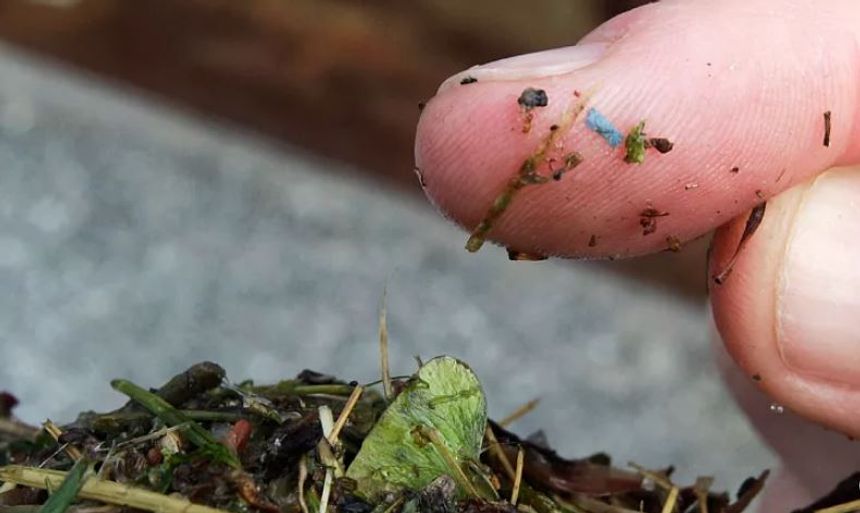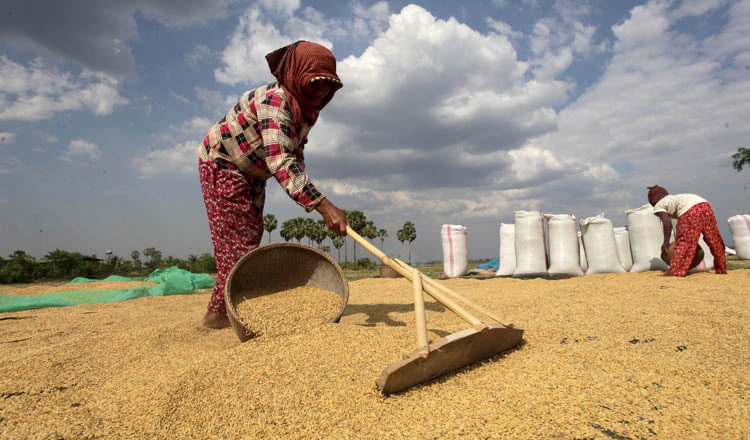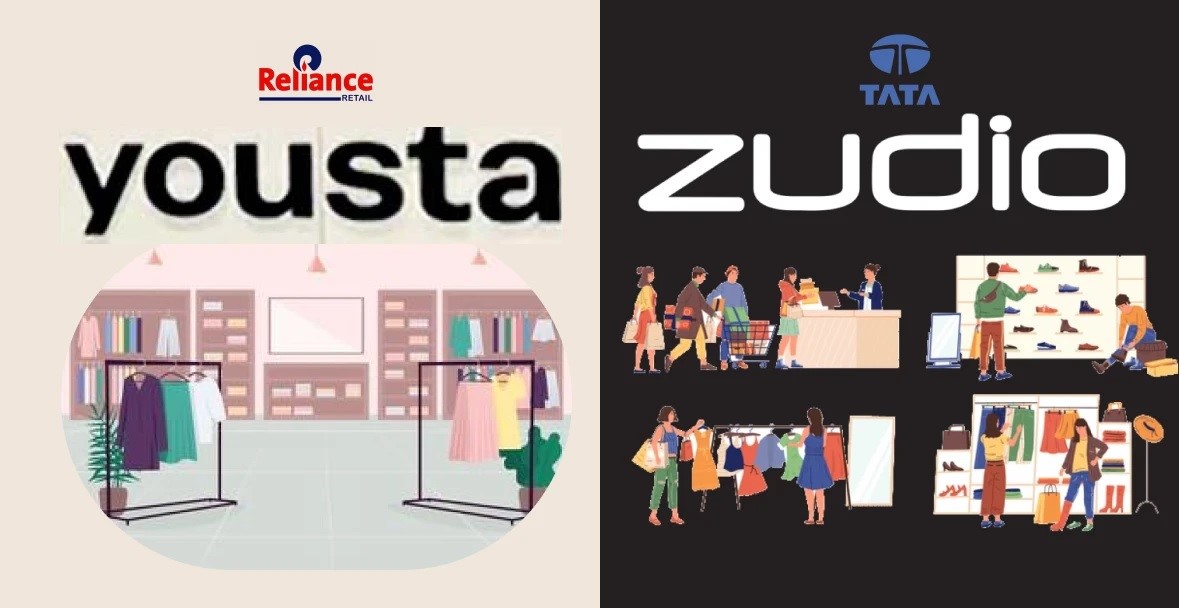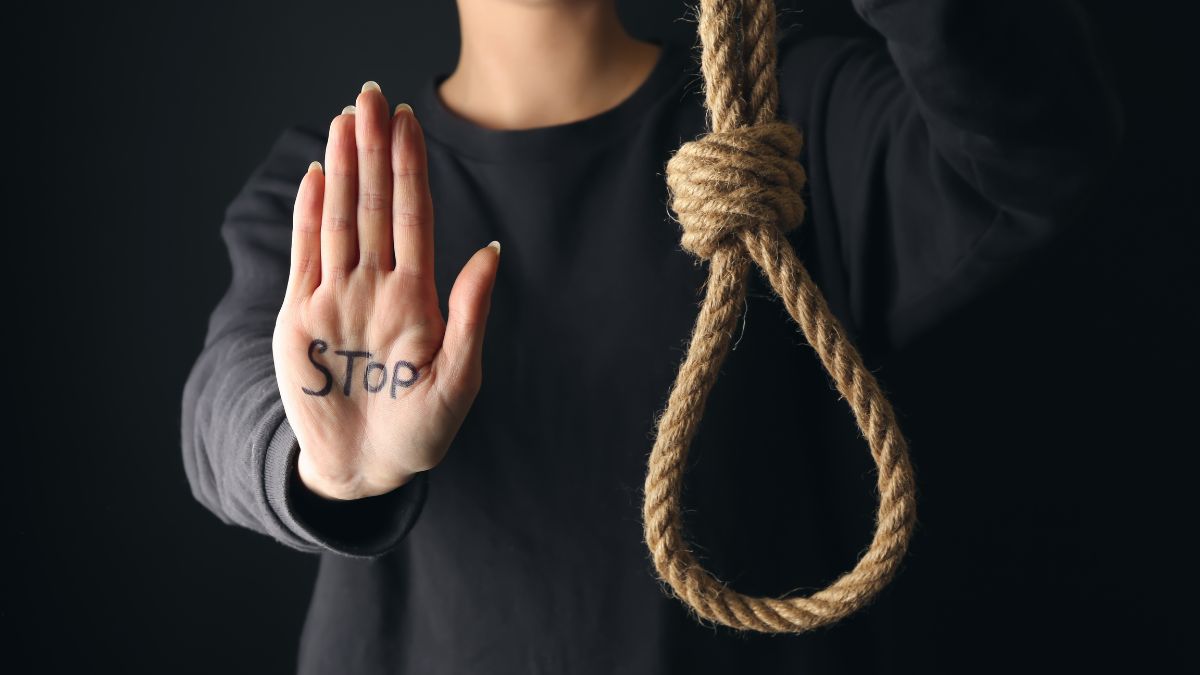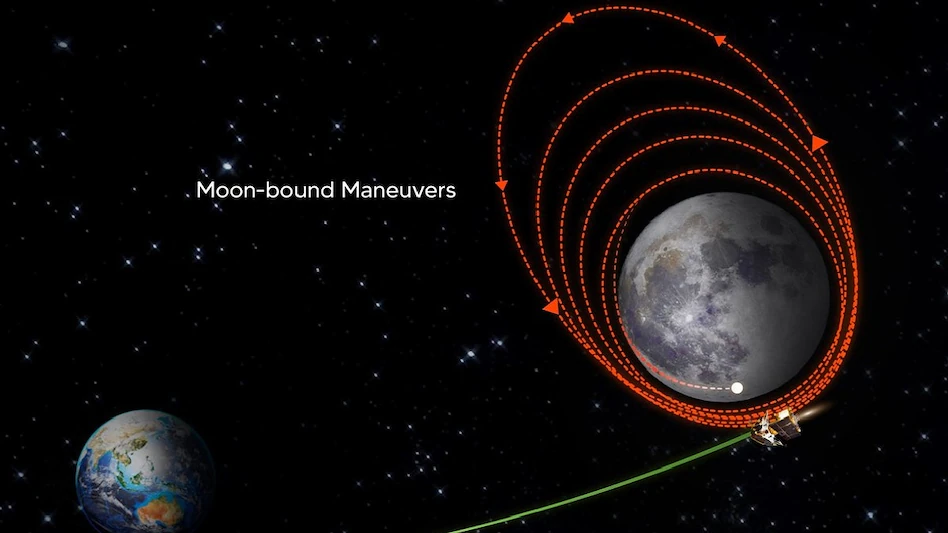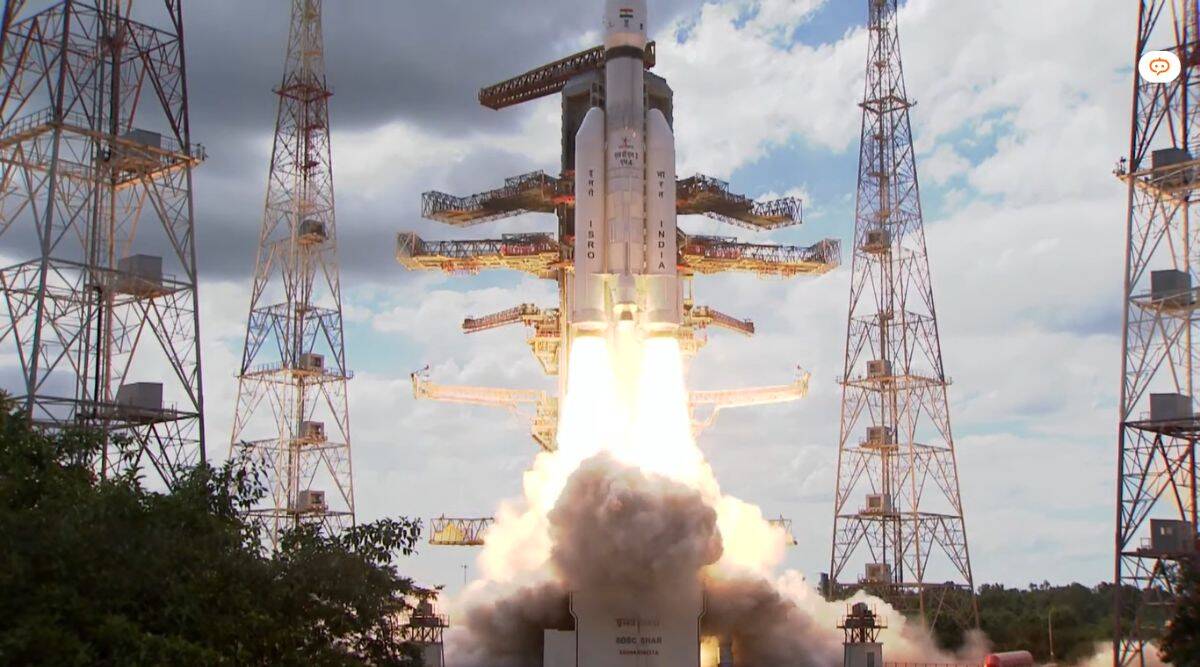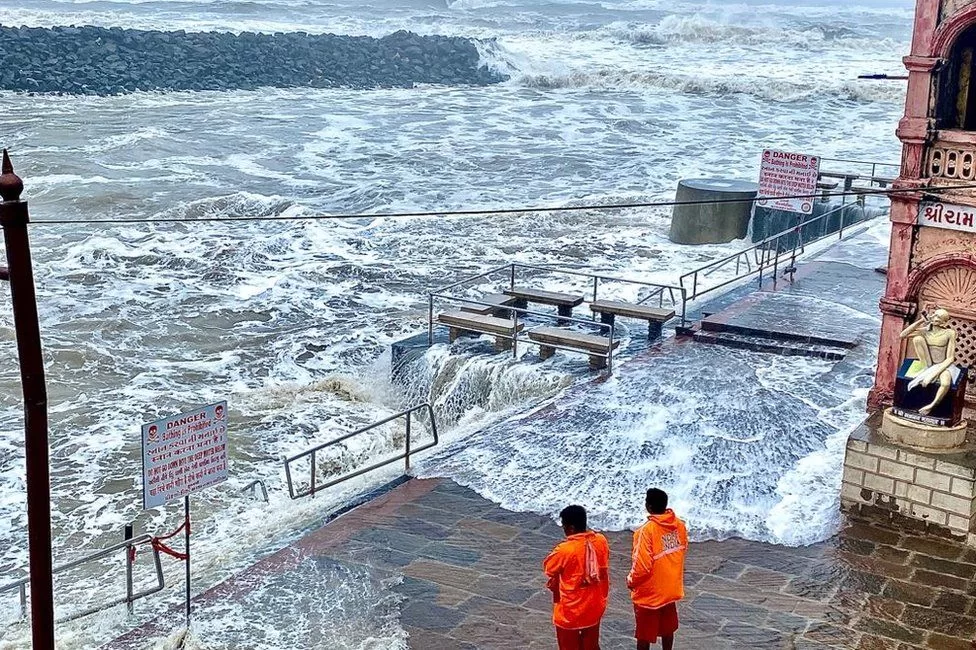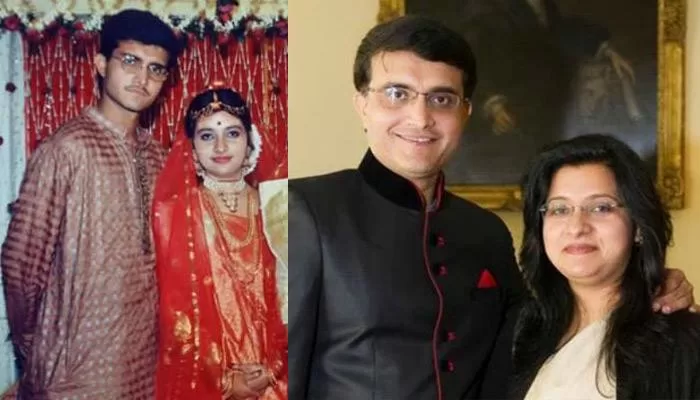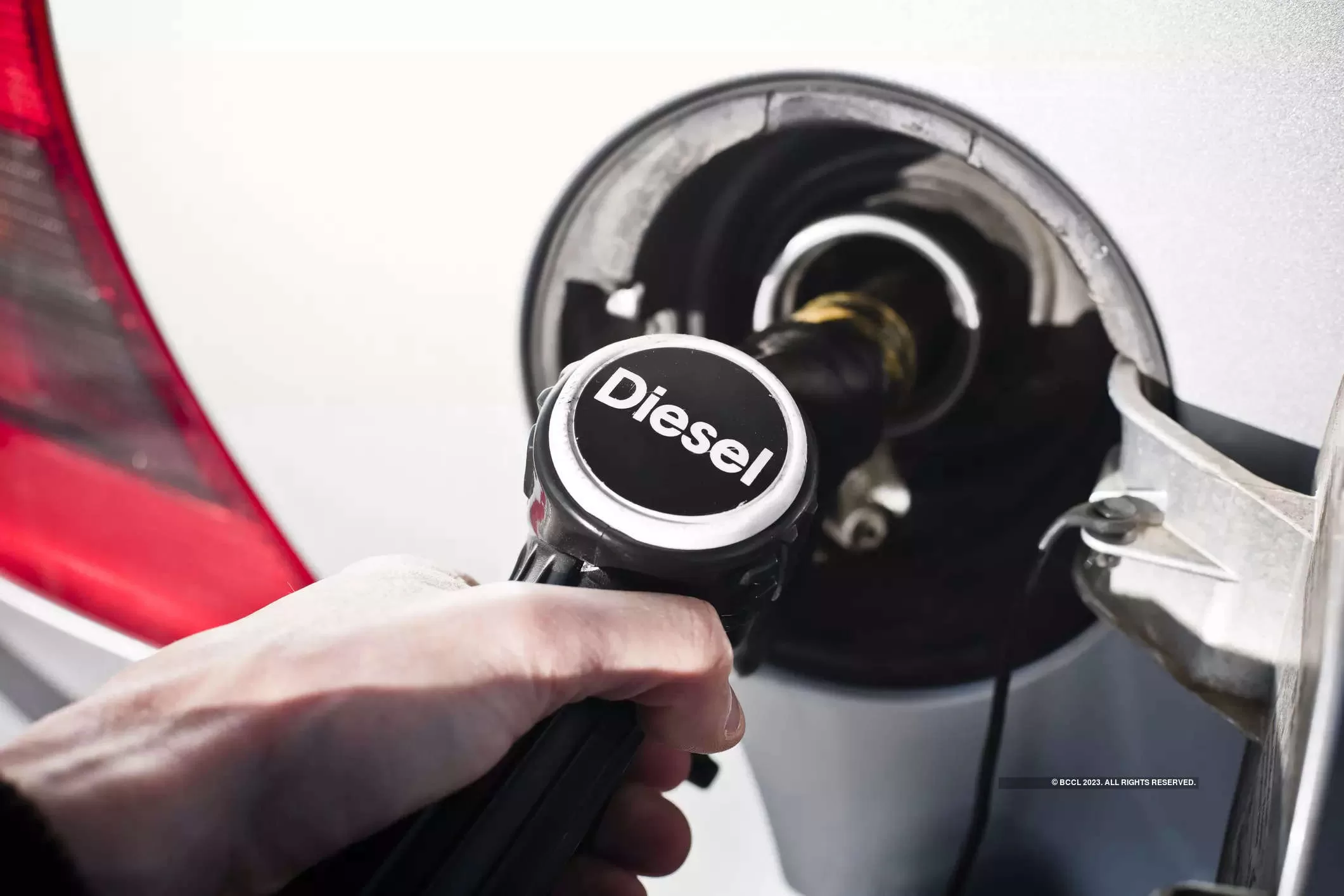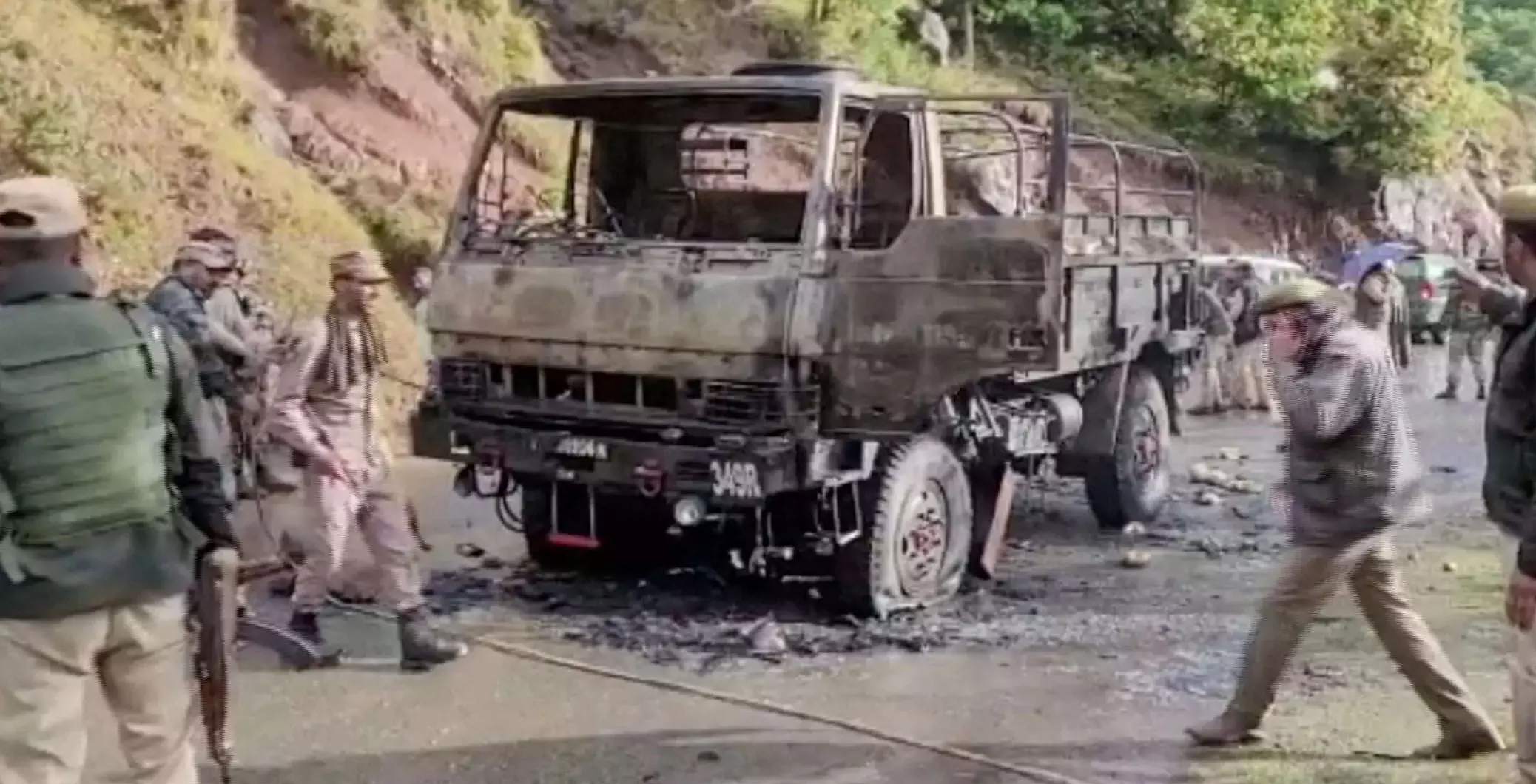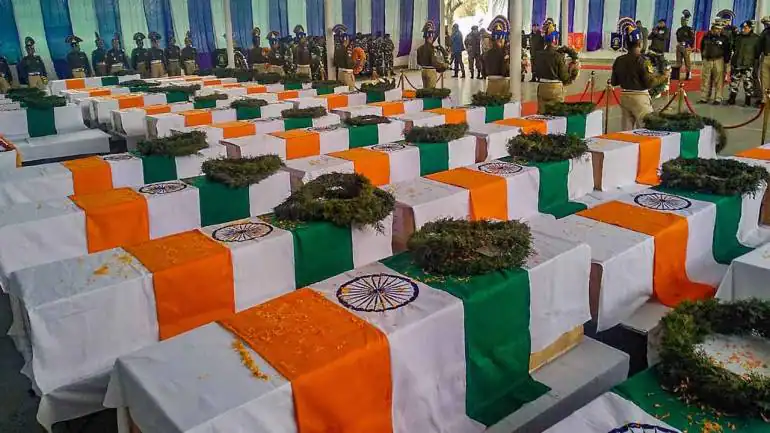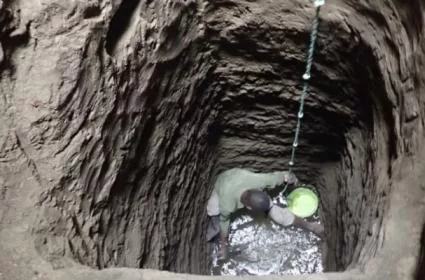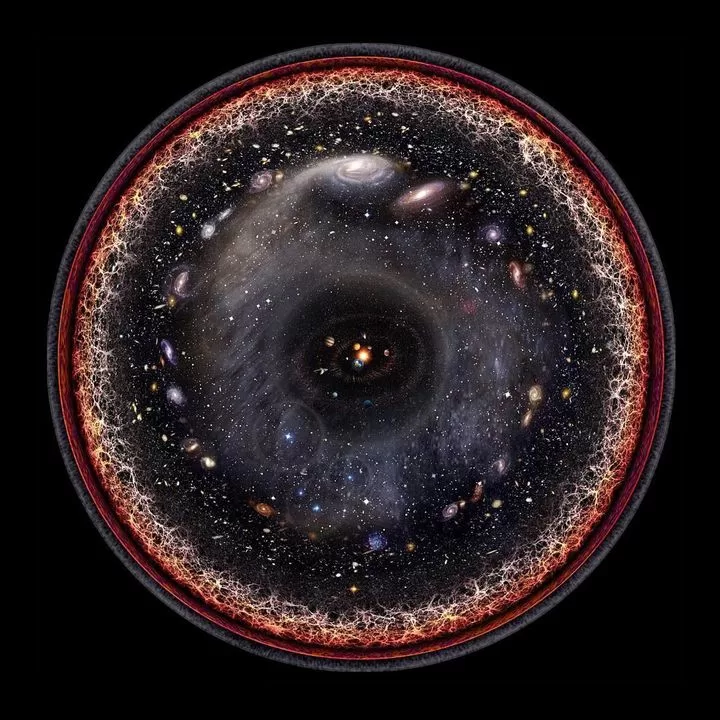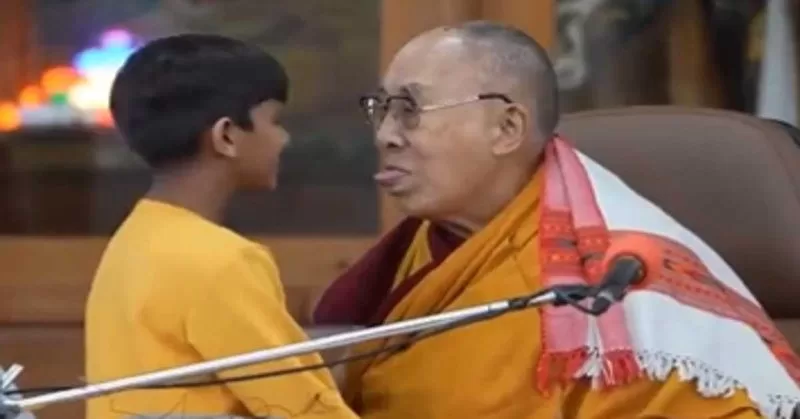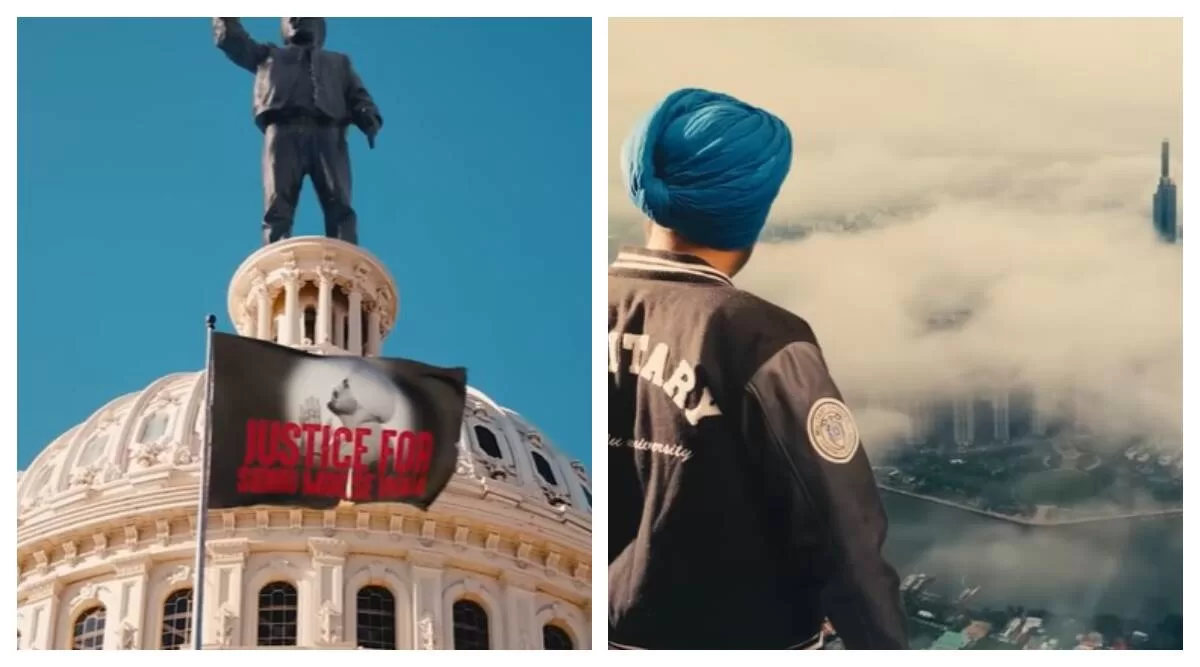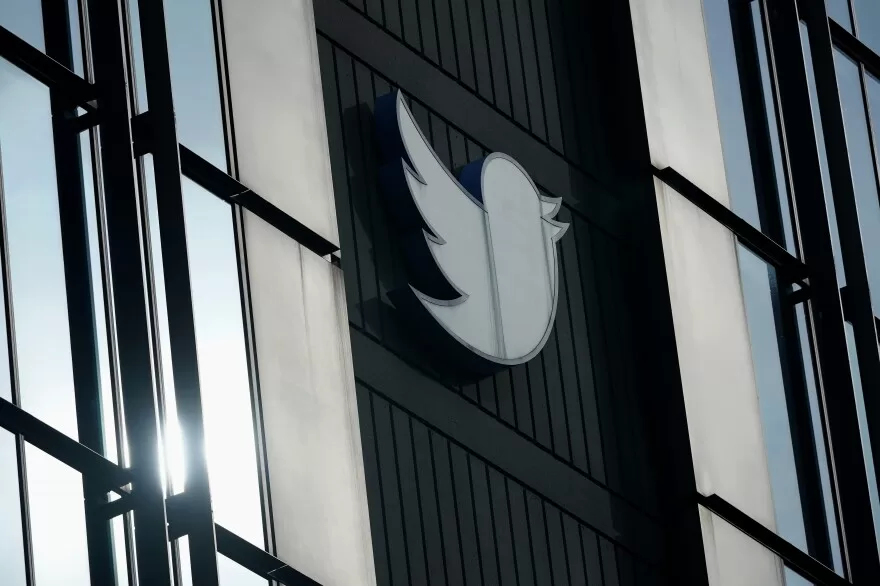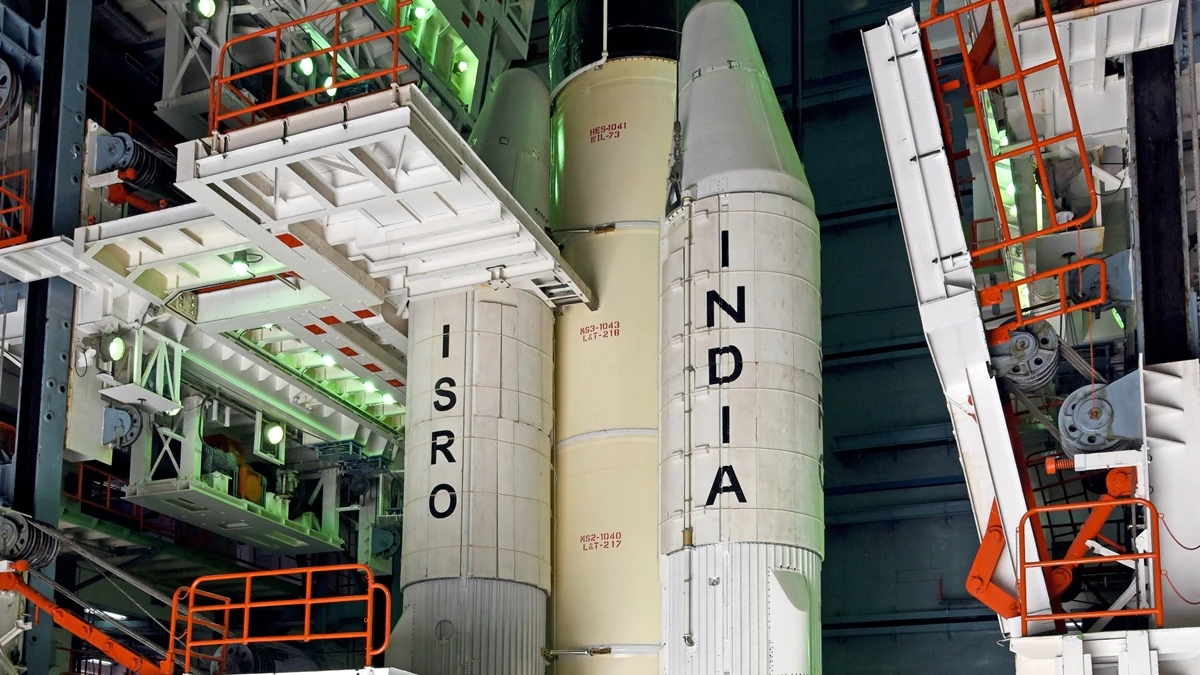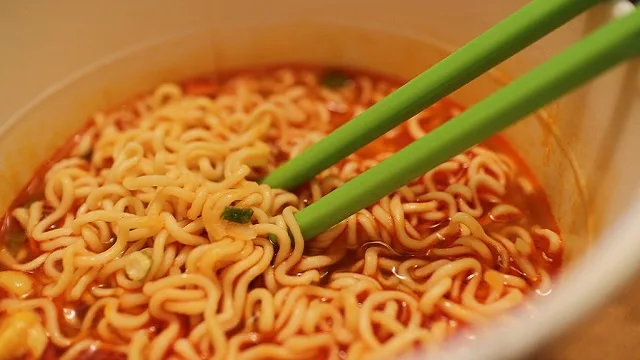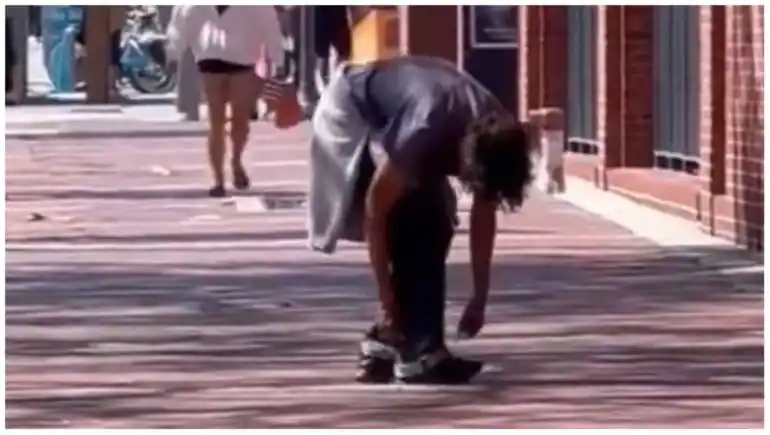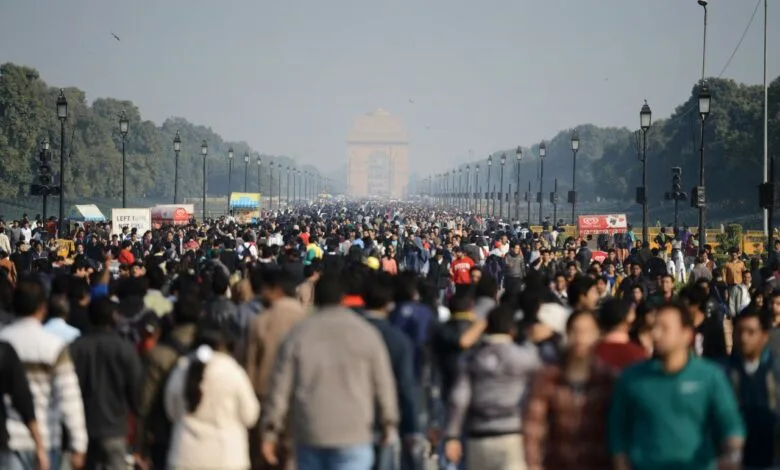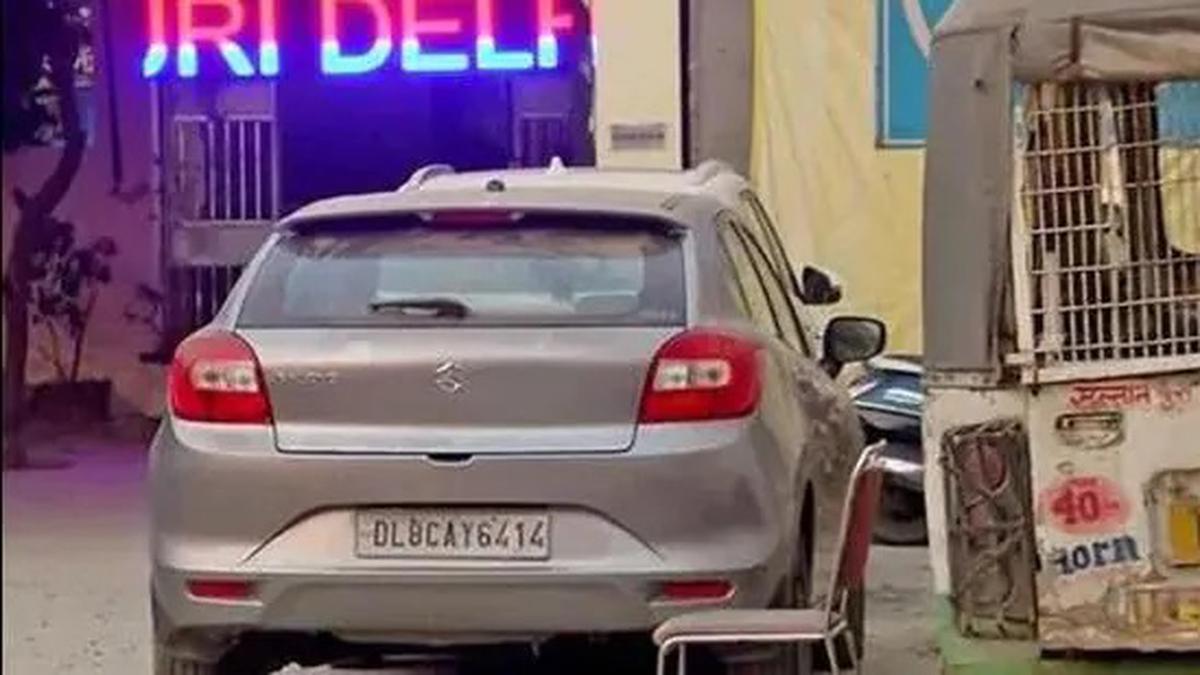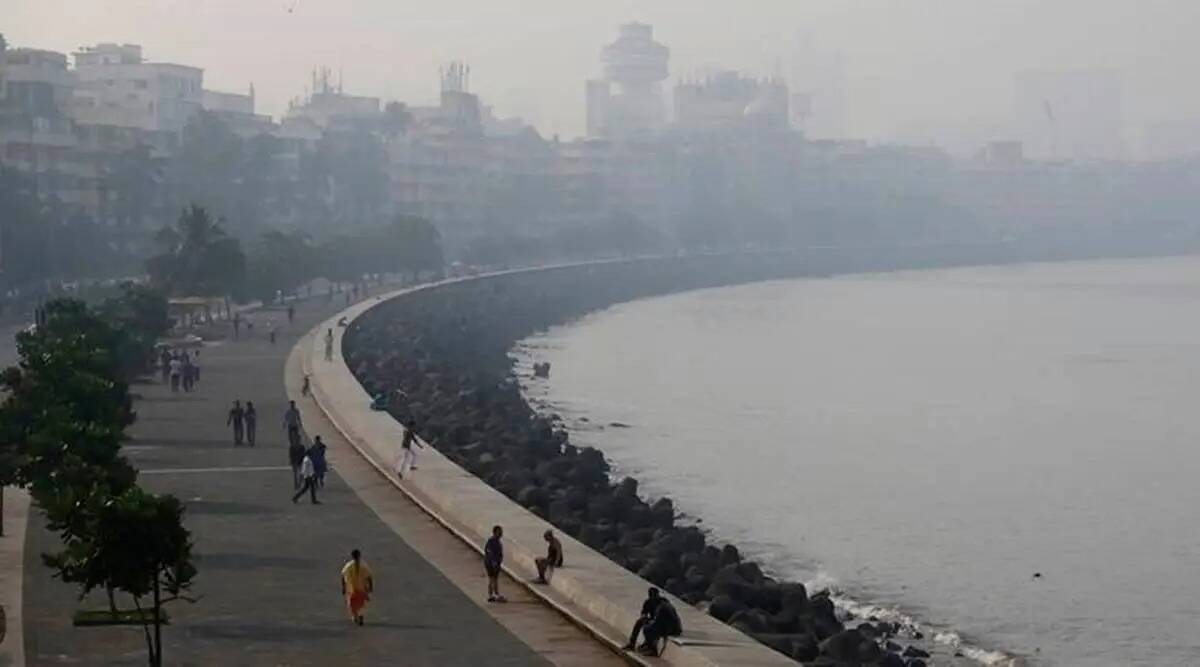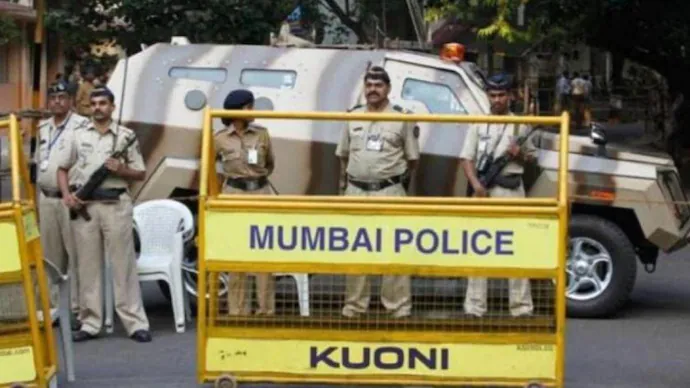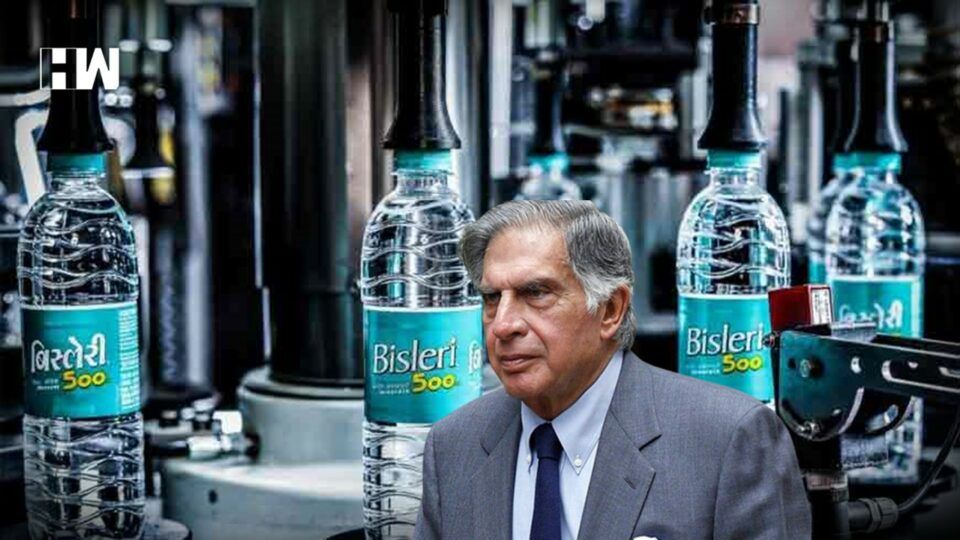
The Supreme Court additionally mandated that stubble burning be stopped in Punjab, Delhi, Uttar Pradesh, and Rajasthan.
The Punjab administration was pushed by the Indian Supreme Court over the long-standing problem of stubble burning, and the government was directed to put an end to it in one manner or another.
The Supreme Court further declared that some action must be taken and that there cannot continually be a political dispute about stubble burning. “We want the burning of stumps to stop. It’s your job; we have no idea how you do it. However, it needs to end. The Punjab administration was told by the Supreme Court, “Something has to be done immediately.”
The Punjab, Delhi, Uttar Pradesh, and Rajasthan states were further ordered by the Supreme Court to refrain from burning their stubble going forward.
The court further stated that chief secretaries and director generals of police will be in charge of carrying out the court’s directive and preventing stubble burning.
The court recommended that Punjab remove MSP from paddy and force farmers to switch to an alternate crop, and it placed responsibility for preventing stubble burning on the center. “Millet has been promoted by the government. It said, “Why not promote it?”
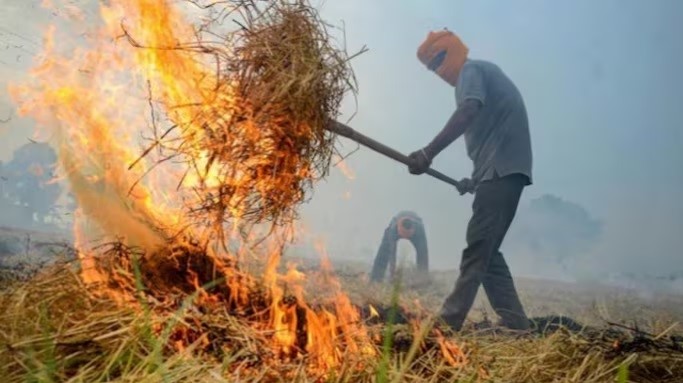
Data from the Punjab Remote Sensing Centre in Ludhiana shows that Punjab recorded 2,000 stubble burning occurrences on Monday, bringing the season’s total to 19,463, despite Haryana experiencing “severe” or “very poor” air quality.
61% of all stubble burning events this season have been registered between November 1 and November 6, according to data cited by news agency PTI.
According to the data, there were 19,463 documented incidences of stubble burning as of November 6th, which is 35% fewer than the 29,999 cases during the same period previous year.
The Supreme Court said on Tuesday that state governments and everyone else have a responsibility to manage pollution, not just the courts.
It directed the government of Rajasthan and other states to abide by its previous directive regarding Diwali fireworks and to minimize air pollution during the holiday season. There is a misconception that courts have the responsibility for pollution. However, it must be everyone’s responsibility, the court ruled.













































































